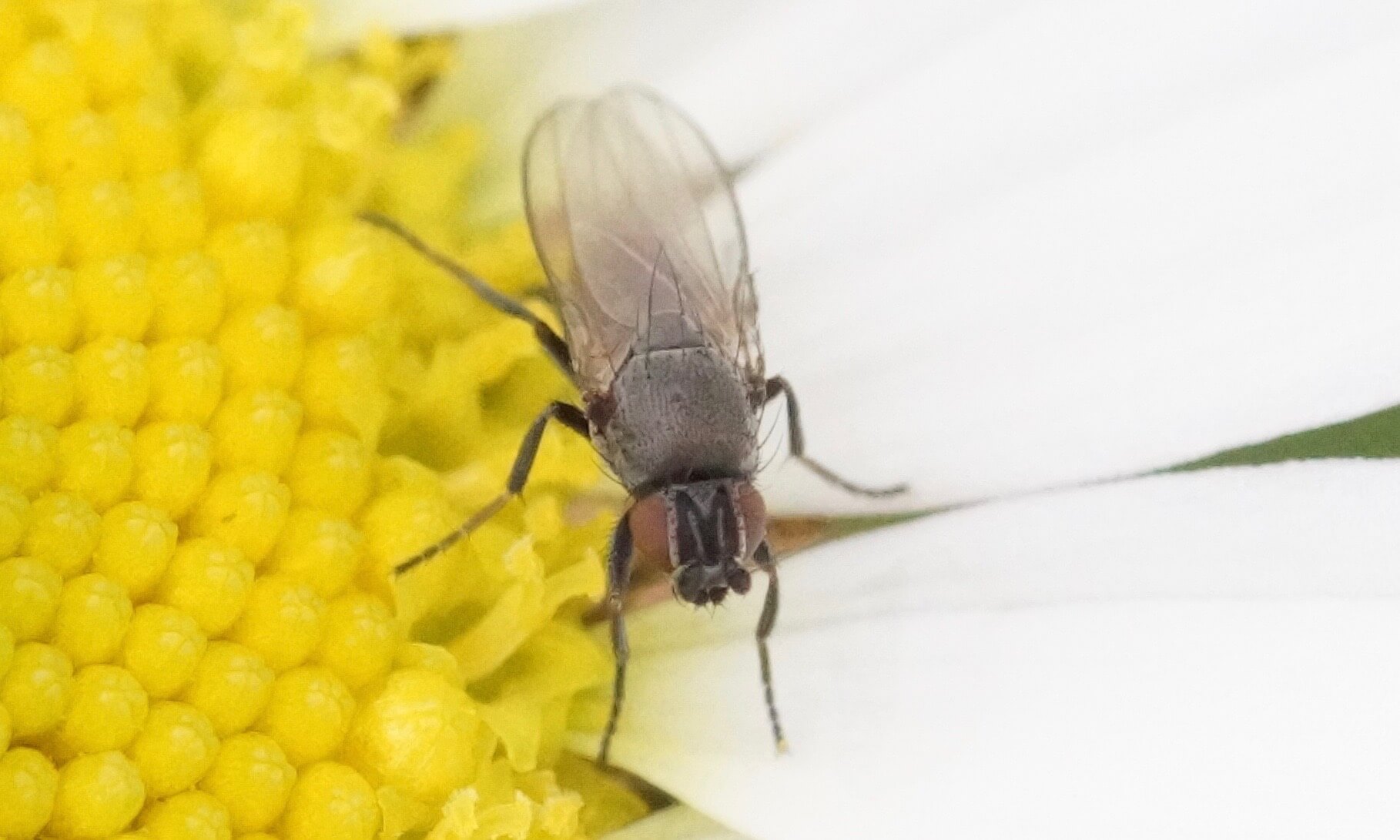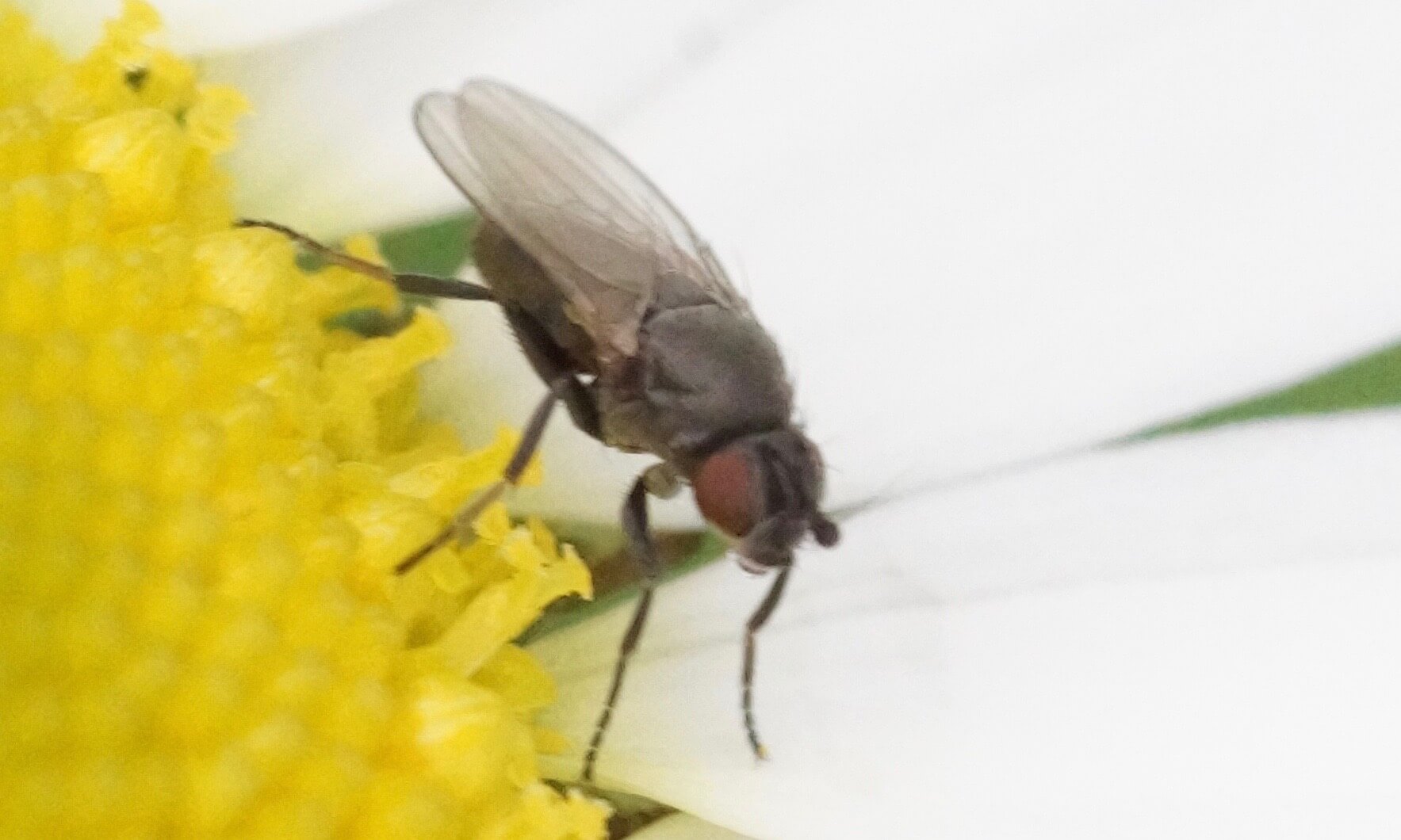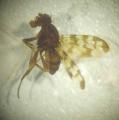Diptera.info :: Identification queries :: Diptera (adults)
|
Milichiidae => Desmometopa sp.
|
|
| RamiP |
Posted on 29-09-2023 17:56
|
|
Member Location: Posts: 5765 Joined: 25.04.15 |
29.9.23 in Jyväskylä, Finland
Edited by RamiP on 30-09-2023 07:32 |
| RamiP |
Posted on 29-09-2023 17:58
|
|
Member Location: Posts: 5765 Joined: 25.04.15 |
2 |
| John Carr |
Posted on 29-09-2023 20:42
|
|
Super Administrator Location: Colorado, USA Posts: 10603 Joined: 22.10.10 |
Desmometopa, with an M on the forehead.
Edited by John Carr on 29-09-2023 20:43 |
| RamiP |
Posted on 30-09-2023 07:31
|
|
Member Location: Posts: 5765 Joined: 25.04.15 |
Thanks John. I know, but witch of these: m-nigrum, microps, sordida or varipalpis Raimo |
| John Carr |
Posted on 30-09-2023 12:44
|
|
Super Administrator Location: Colorado, USA Posts: 10603 Joined: 22.10.10 |
According to the key by Sabrosky (1983), Desmometopa microps has brown halteres and D. varipalpis has black fore coxae. |
| RamiP |
Posted on 30-09-2023 13:01
|
|
Member Location: Posts: 5765 Joined: 25.04.15 |
Thanks John If I can see right we have still two opportunities, m-nigrum and sordida. Interesting  |
| John Carr |
Posted on 30-09-2023 16:49
|
|
Super Administrator Location: Colorado, USA Posts: 10603 Joined: 22.10.10 |
D. sordida also has dark halteres. If you want to identify it by what it is instead of what it is not, you will need clearer pictures of the pleura and head behind and below the eyes. The pleura may have a shiny spot behind and above the fore coxa. The cheek may be nearly as broad as the first flagellomere, or clearly narrower. There may be a polished "subocular crescent". |
| RamiP |
Posted on 01-10-2023 07:40
|
|
Member Location: Posts: 5765 Joined: 25.04.15 |
Thanks John I'm afraid that my skills and equipment are not good enough to take so good pictures  Raimo |
| Jump to Forum: |













